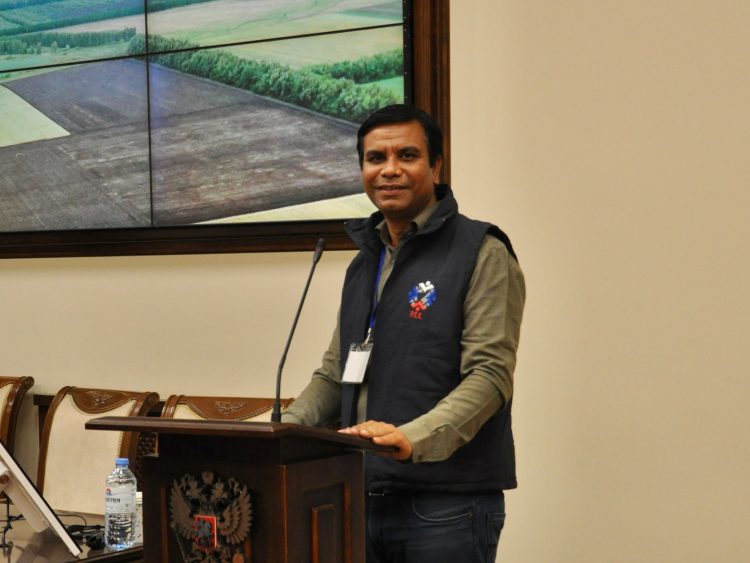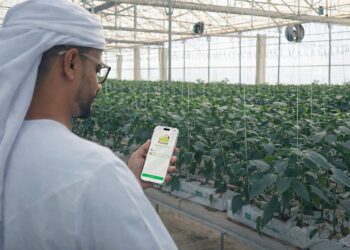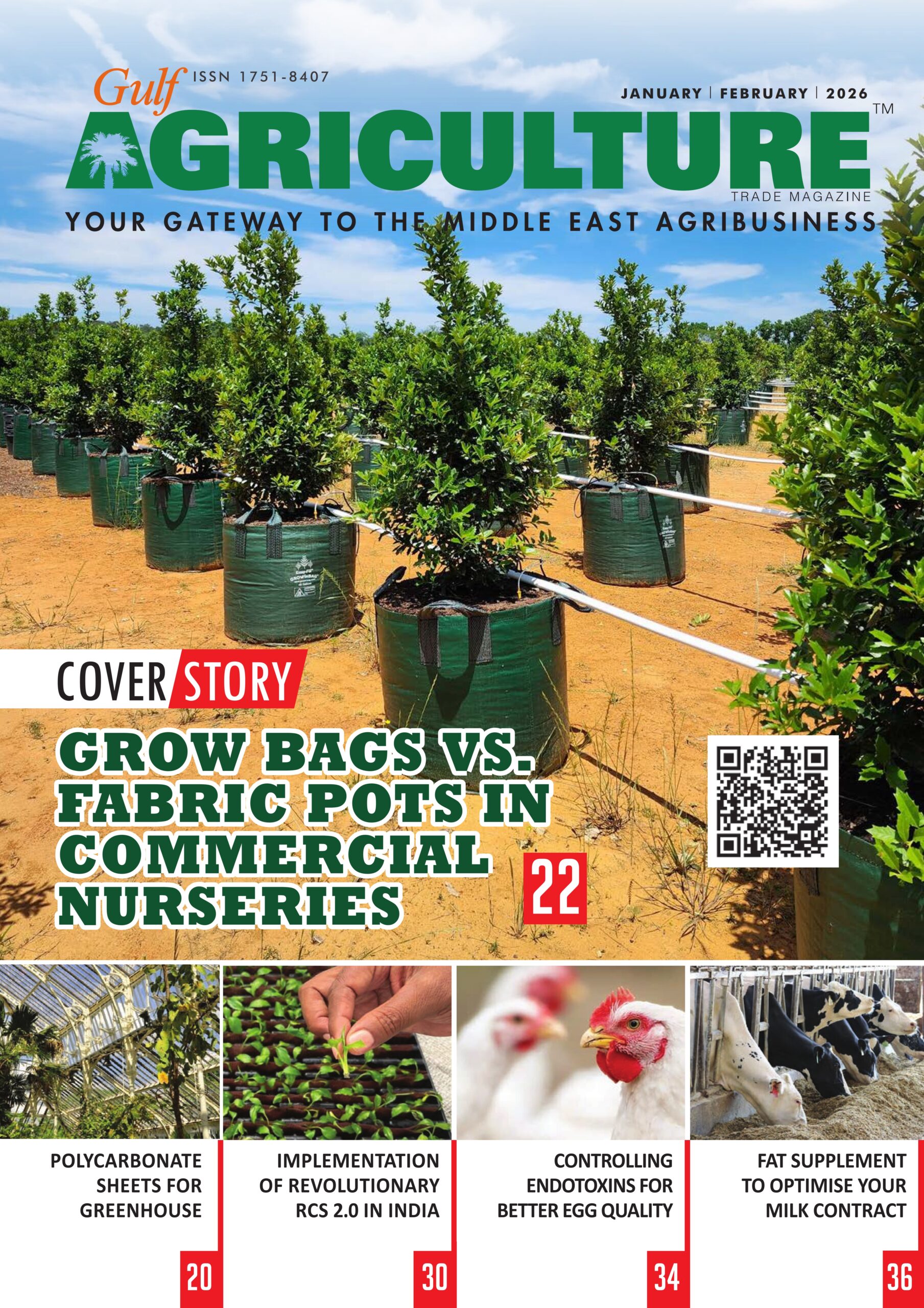Scientists at the Southern Federal University (SFedU) have developed an eco-friendly alternative to toxic pesticides using citron juice, a breakthrough that could help prevent the 14% global crop loss caused by post-harvest pathogens. The innovative method produces silver nanoparticles with potent antibacterial properties, offering a sustainable solution to one of agriculture’s most pressing challenges.
The research, published in Discover Nano journal, demonstrates a significant advancement in sustainable agricultural technology. The international team, including collaborators from China, India, and Poland, developed the method under Russia’s Priority 2030 national research initiative.
“This technology could revolutionize how we protect our harvests,” says Dr. Sudhir Shende, lead researcher at SFedU. “Our green-synthesized silver nanoparticles have shown remarkable antimicrobial activity against several phytopathogenic molds that typically devastate post-harvest crops.”
Laboratory tests revealed impressive antifungal properties against notorious crop destroyers, including Aspergillus niger, Aspergillus flavus, and Alternaria alternata. These fungi, responsible for significant crop losses worldwide, have historically been combated with chemical pesticides that raise environmental and health concerns.
The innovative approach uses citron (Citrus medica L.) juice to synthesize silver nanoparticles through a process that Dr. Tatyana Minkina, head of the Soil Science Department at SFedU, describes as “remarkably simple and cost-effective.” She emphasizes that the method is not only environmentally friendly but also scalable for industrial production.
“What makes this development particularly exciting is its potential for mass implementation,” Dr. Minkina explains. “We’ve created a sustainable process that could be scaled up without compromising its environmental benefits or effectiveness.”
The timing of this breakthrough is particularly significant as agricultural producers worldwide are increasingly moving away from toxic pesticides and fungicides, seeking greener alternatives that don’t compromise crop protection efficiency.
This development comes as part of a larger global shift toward sustainable agricultural practices. The researchers suggest their method could be further refined to create even more effective crop protection strategies, potentially transforming how farmers worldwide protect their harvests from devastating pathogens.
The project was funded through Russia’s Priority 2030 academic excellence program, which aims to enhance the country’s research capabilities in critical areas including agricultural sustainability and food security.























